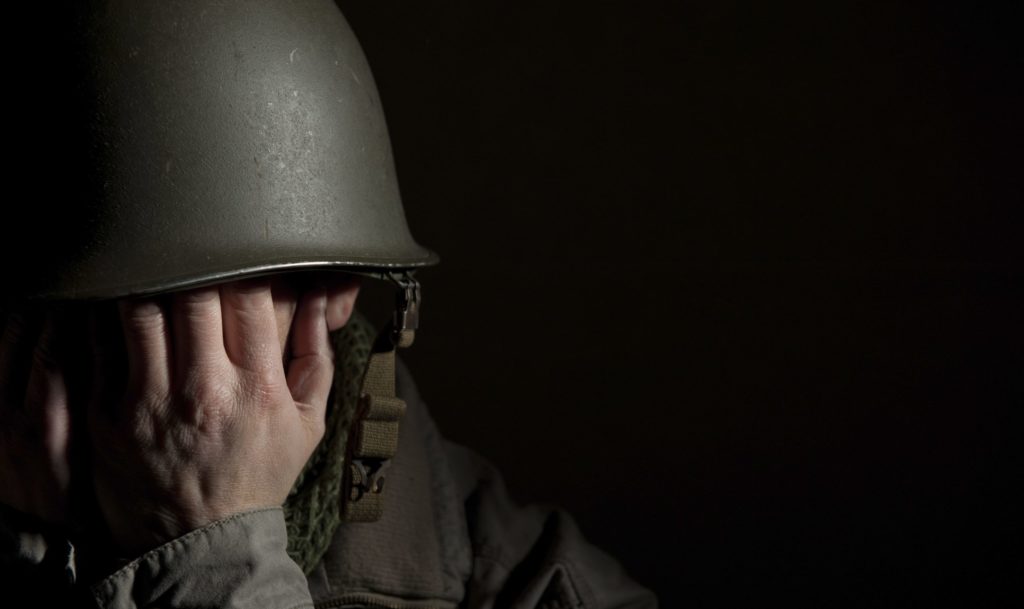Let’s be honest—when you think of a typical person with sex addiction, you think of a man. Men have become the face of this somewhat contentious illness (contentious because some people insist on viewing sex addiction as nothing more than an excuse for bad behavior). However, many women live with sex addiction, and these women face the double challenge of being the invisible sufferers of an often misunderstood and even more often unrecognized illness. Estimates of the prevalence of female sex addiction put it at about 3 percent of the U.S. population and 37 percent of all people living with sex addiction. However, statistics concerning the treatment of sex addiction show that only 8 percent to 12 percent of people who seek treatment for this disorder are female.
Shame Can Be a Barrier to Treatment
Sex addiction can destroy relationships, careers and families, but many people are hesitant to seek treatment because they feel ashamed. Shame can also hold back people suffering from other addictions, but sex addiction arguably has even more stigma attached to it. The very idea of sex addiction makes many people uncomfortable, and talking about it or coming into contact with a sex addict generates even more discomfort. This prevailing attitude toward sex addiction can make people extremely hesitant to make their addiction public and seek help. What can make this situation even more complicated for women is that female sexuality is already widely stigmatized. Men who engage in frequent sexual activity are revered and envied for their actions, but women who do the same are ridiculed as sluts or accused of being prostitutes. Sexual activity increases a man’s perceived worth, but decreases a woman’s. These factors almost certainly play a role in why women are much less likely than men to seek treatment when they suffer from sex addiction. Many of these women feel the combined shame of addiction and of engaging in significant quantities of sexual activity. They may feel guilty or weak because their sexual activity developed into an illness and may worry that some people will view this result as the deserving outcome for women who have very active sex lives.
Feeling Isolated
Many women may also feel that they are alone in struggling with sex addiction because females facing this illness receive so little attention. They may feel that they are not “supposed” to have sex addiction and that there must be something particularly wrong with them because they suffer from this illness. The idea that women are largely unaffected by this illness may also increase the time that it takes for women to realize when their sexual behavior has become a true disorder.
Larger Issues Concerning Female Sexuality Need to Be Addressed
In addition to recognizing how sexism and cultural conditioning prevent some women from seeking the treatment they need, it is also important that these issues concerning a woman’s fundamental sexuality are addressed when they do receive treatment. In many cases, the standard approaches to overcoming addiction may not be enough to allow women to regain healthy and happy sex lives because there has always been a degree of dysfunction in the way they view their own sexuality and conduct their sex lives.

